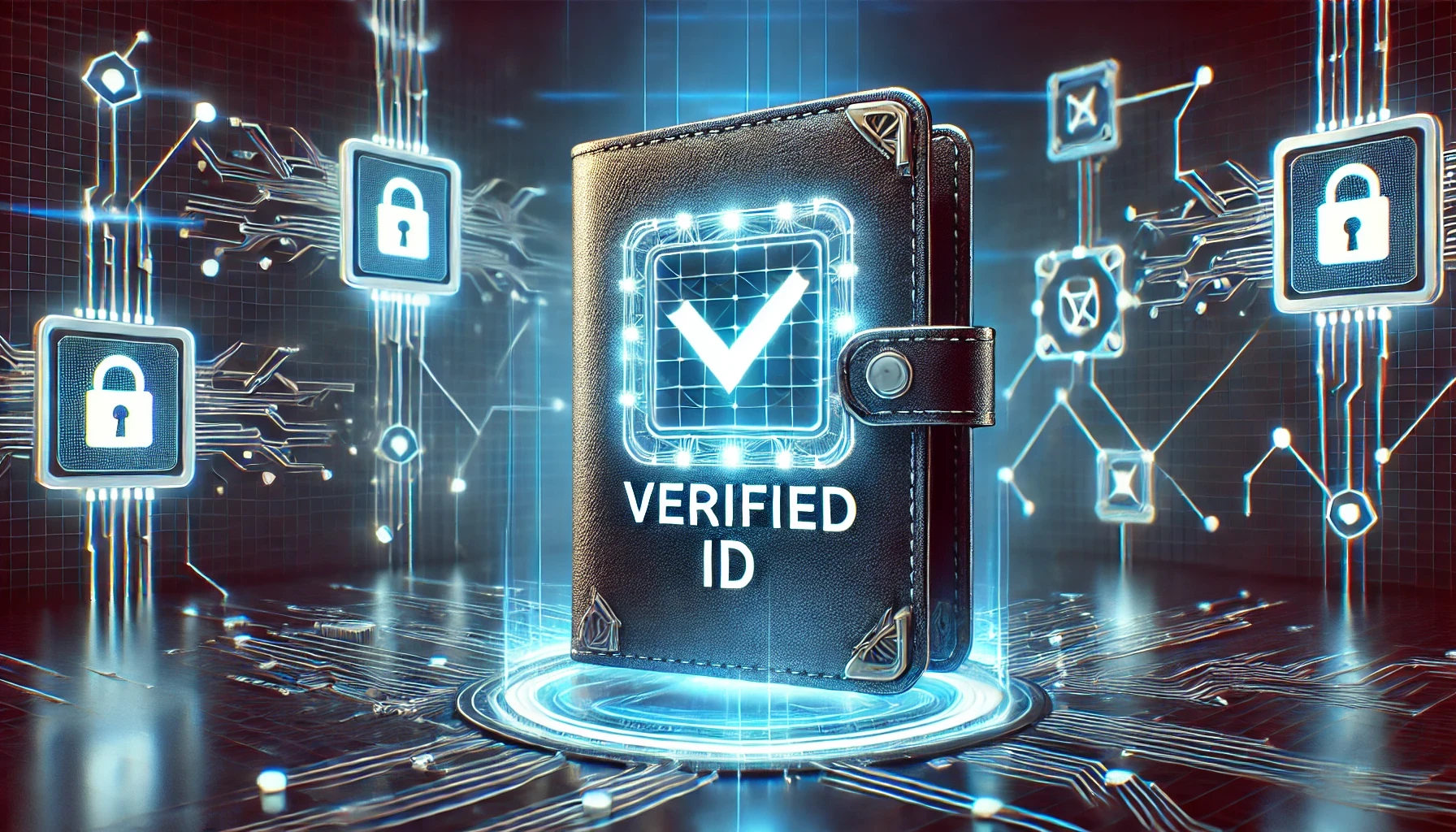1. What Is Decentralized Identity?
Decentralized identity refers to a system where individuals own and control their personal information without relying on centralized authorities like governments or corporations. It uses blockchain technology and cryptographic methods to ensure privacy, security, and data ownership.
Key Features
Self-Sovereignty: Individuals have full control over their data and decide who can access it.
Security: Data is stored in secure digital wallets rather than centralized databases.
Portability: A single decentralized identity can be used across multiple platforms and services.
2. How Does Decentralized Identity Work?
a. Digital Identity Wallets
Users store their personal data, such as names, credentials, and certifications, in a secure digital wallet.
b. Verifiable Credentials
Issuers (e.g., schools, employers, or governments) provide users with digital credentials stored in their wallet.
Credentials are cryptographically signed, ensuring authenticity.
c. Blockchain Integration
Blockchain acts as a trust layer, recording interactions and ensuring credentials are tamper-proof without storing sensitive data directly.
d. Selective Disclosure
Users share only the necessary information with service providers, enhancing privacy.
Example: Proving age without revealing a date of birth.
3. Why Is Decentralized Identity Important?
a. Enhanced Privacy
Traditional identity systems often collect excessive data, putting users at risk.
Decentralized systems minimize data sharing, reducing exposure.
b. Data Ownership
Users retain control over their information, eliminating the need to rely on centralized authorities.
c. Improved Security
Eliminates centralized databases that are prime targets for hackers.
Credentials are encrypted and stored in users’ wallets.
d. Interoperability
Enables seamless use of a single identity across multiple platforms, reducing the need for repetitive registrations.
4. Use Cases for Decentralized Identity
a. Financial Services
Streamlines Know Your Customer (KYC) processes by allowing users to share verified credentials securely.
b. Healthcare
Patients can share medical records selectively with healthcare providers while maintaining privacy.
c. Education
Verifiable digital diplomas and certifications make it easier for employers to validate credentials.
d. Travel and Immigration
Digital passports and IDs can simplify border control and reduce fraud.
e. Social Media and E-Commerce
Users can verify accounts without sharing unnecessary personal details.
5. Challenges of Decentralized Identity
a. Adoption Barriers
Widespread adoption requires collaboration among governments, enterprises, and technology providers.
b. Usability
Managing digital wallets and credentials can be complex for non-technical users.
c. Interoperability Standards
Lack of universal standards can create compatibility issues between platforms.
d. Regulatory Compliance
Aligning decentralized identity systems with existing legal frameworks is a significant challenge.
6. Key Players in Decentralized Identity
a. Microsoft
Developing decentralized identity solutions with its ION network on Bitcoin.
b. Sovrin Foundation
Provides a global decentralized identity network for verifiable credentials.
c. uPort
Ethereum-based identity management system offering secure and portable identities.
d. Civic
A blockchain-powered platform for secure identity verification.
e. Hyperledger Indy
A project under the Hyperledger framework dedicated to decentralized identity management.
Conclusion
Decentralized identity marks a significant shift in how personal data is managed, offering enhanced privacy, security, and user control. By leveraging blockchain technology and cryptographic methods, it empowers individuals while reducing reliance on centralized systems. While challenges remain, the potential benefits for industries such as finance, healthcare, and education are immense. As adoption grows, decentralized identity could redefine the future of digital interactions, putting privacy and control back into the hands of users.
